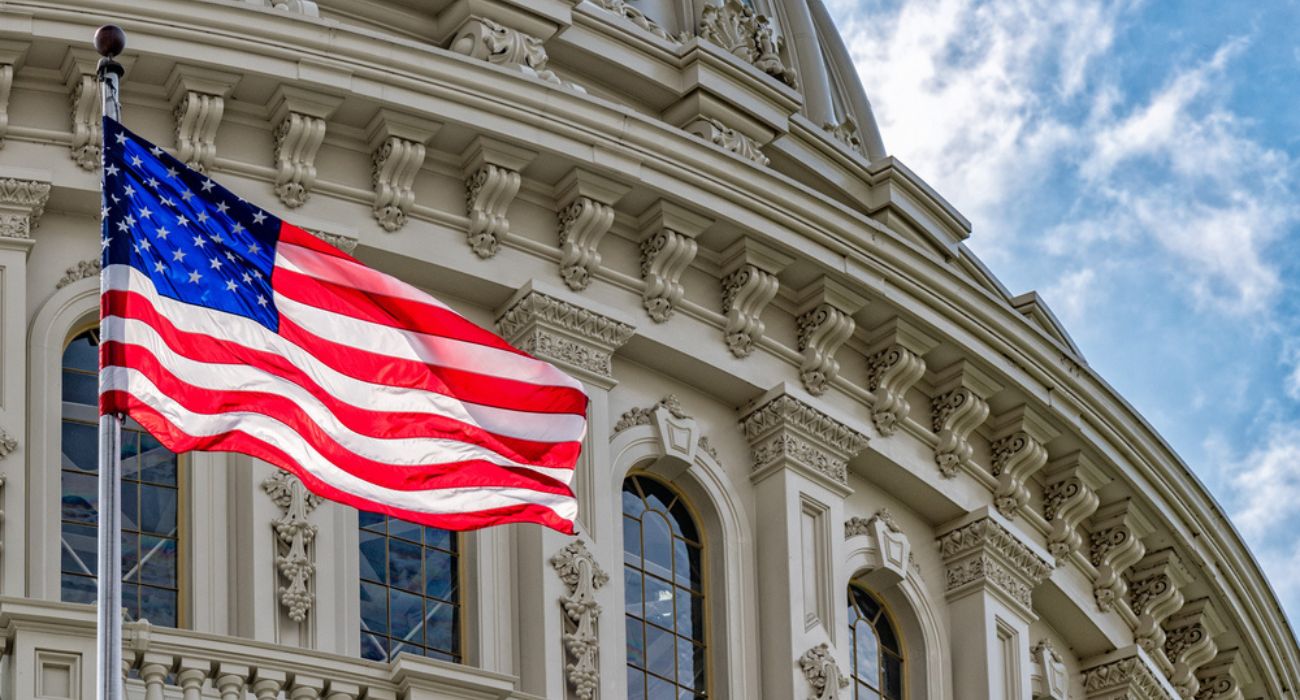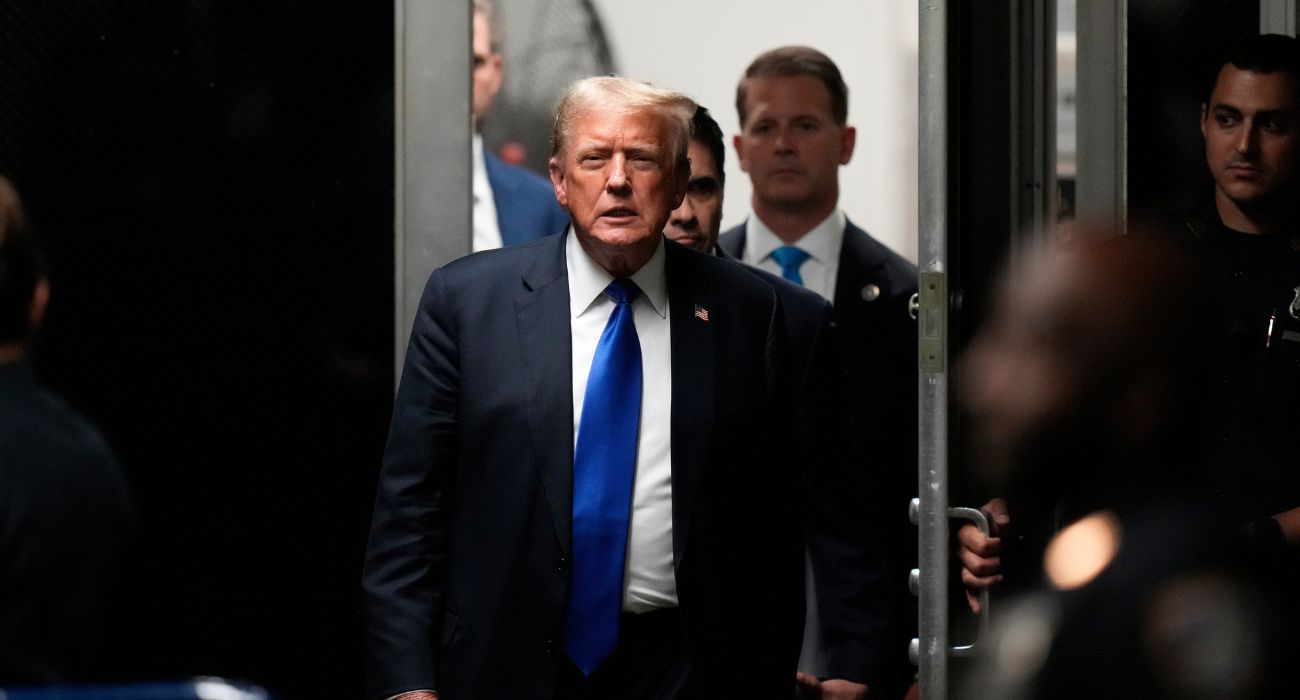Congress must clear several significant hurdles to avoid a potential government shutdown in the near future.
U.S. lawmakers are preparing to make several vital funding decisions as a possible government shutdown looms.
As previously covered in The Dallas Express, a stop-gap federal government funding bill bypassed a shutdown in November by funding military construction, Veterans Affairs, Transportation, Housing and Urban Development, and Energy departments until January 19, and the remainder of the government until February 2.
To ensure federal taxpayer dollars continue to be disseminated to these crucial agencies, Senate Majority Leader Chuck Schumer (D-NY) and House Speaker Mike Johnson (R-LA) revealed a $1.66 trillion plan on January 7, per USA Today. It closely follows the deal struck this summer as lawmakers lifted the debt limit until January 2025.
At the same time, this plan is far from a done deal, with an overall funding level and 12 separate appropriations bills yet to be agreed upon. Discussions over spending bills in Congress have been rife with disagreement. Amid these debates came the end of the speakership for McCarthy, whose ousting made history.
As such, many politicians are already eyeing a temporary extension.
“We’re not going to get all the appropriation bills done by the coming deadline,” said U.S. Sen. John Thune (R-SD), according to USA Today.
Others like Schumer are optimistic about reaching a consensus in time.
“We’re going to fight as hard as we can to get this done as soon as possible,” Schumer said.
Nevertheless, the Freedom Caucus has already balked at the proposed spending plan’s price tag and wants cuts.
“Speaker Johnson is doing all the same stupid crap that we opposed,” said U.S. Sen. Chip Roy (R-TX) in an interview with Fox News. He also took to X to criticize the measure.
.@HouseGOP FAILED to use its leverage to force cuts to inflationary spending
We must reject this "deal" w/ Dems that will INCREASE spending by ~$30 BILLION & fund agencies at war with our liberty & security – like Mayorkas' DHS#NoGimmicks #NoSideDeals #NoSecurityNoFunding pic.twitter.com/XRBmzUshyz
— Rep. Chip Roy Press Office (@RepChipRoy) January 9, 2024
As recently reported in The Dallas Express, the government’s gross national debt crossed an alarming threshold recently at $34 trillion.
Yet, for some members of Congress, other political priorities might be put ahead of the objective of curbing government spending.
In exchange for agreeing to more aggressive spending, some, like Johnson, suggest that policy add-ons could advance other desired measures, including diverting federal taxpayer dollars away from hospitals training doctors to perform abortions.
“This allows us to fight for our policy priorities, for our policy riders,” Johnson said, per USA Today. “Our appropriators are resolute on doing that. The members are excited about getting that done.”
Meanwhile, Sen. Patty Murray (D-WA), who chairs the Senate Committee on Appropriations, has already voiced opposition to these add-ons, referred to disparagingly as “poison pills.”
“[L]et’s be clear: we will not be able to get any of our bills done if House Republicans insist on partisan poison pills that we all know are non-starters. So let me repeat: Democrats will not accept Republican poison pill changes. No changes — period,” said Murray at a recent press conference.






